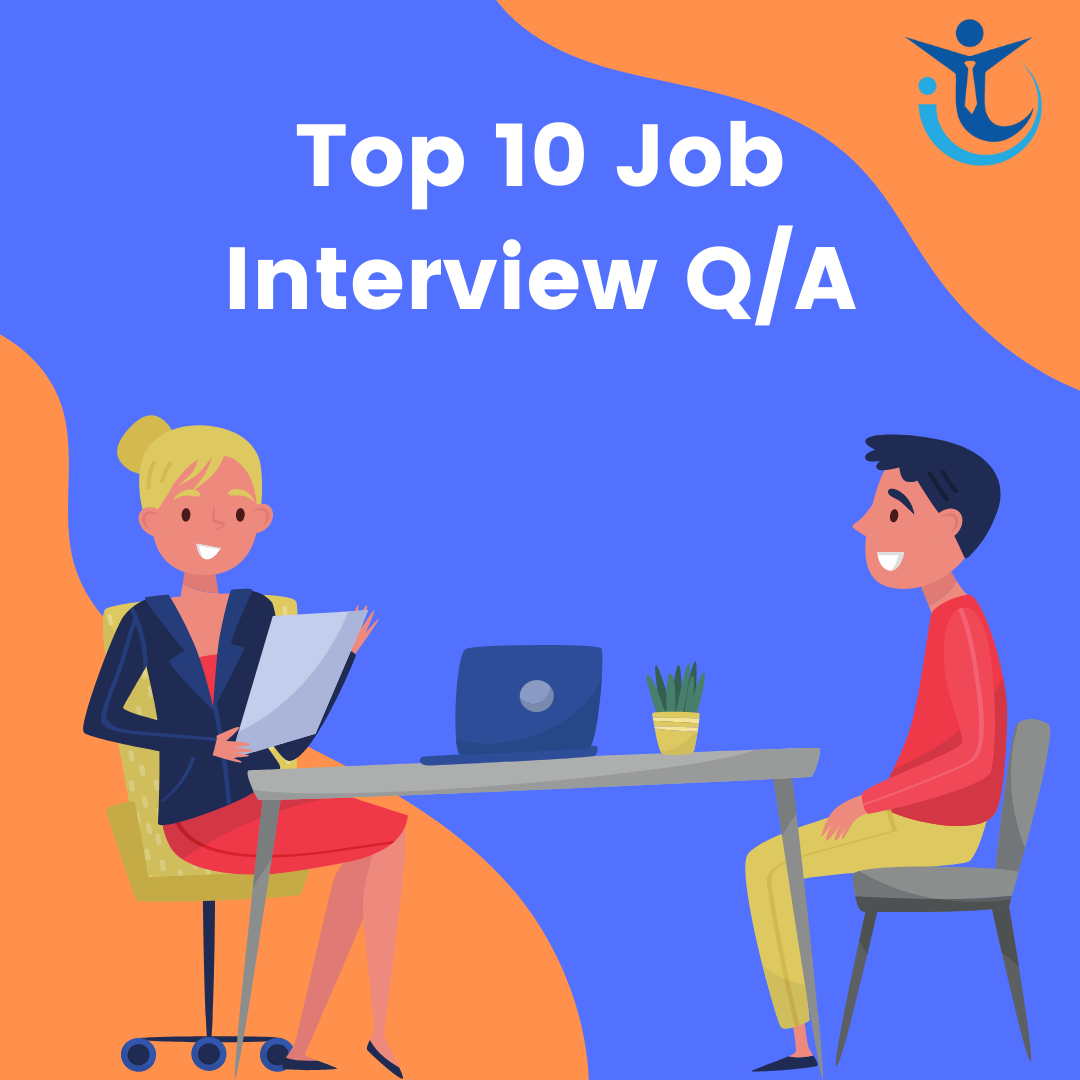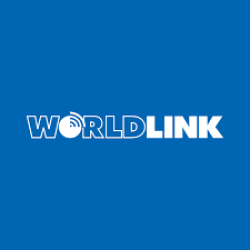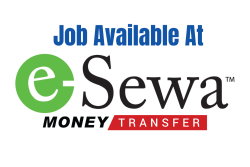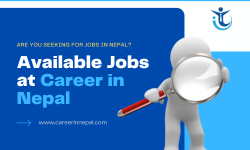
What are the 10 most common interview questions and answers?

What are the 10 most common interview questions and answers?
Today, tomorrow, or the day after tomorrow it will be your turn to give an interview for your first job or next job. When you do, you need to prepare for some common interview questions – and that’s how you’ll get one step closer to the job.
1. Can you tell me more about you?
Rather than listing the what, focus on the why: why you chose certain jobs, why you have a gap on your resume, why you went skiing in Aspen for a year after college.
Skip your personal history and give about 2-3 sentences about your career path and how you ended up in this interview, applying for this job. You don’t need to be too detailed, there are plenty of more questions coming. You just want to leave enough curiosity that the interview becomes excited to learn more about you throughout the interview.
2. Why do you want to work for [Company name]?
Show your excitement for the job and the company. You've done your homework - now, share it.
Demonstrate how you are a great fit, and connect how your experiences can add value.
3. Why are you leaving your current job/ or why are you looking for a different Job?
This question might seem innocuous, but this is how interviewers weed out the people who are either
- just looking for a job
- were fired from their last position or
- might have a high turnover rate, meaning you won’t be sticking around for too long.
Focus on the positives and be specific. Think about why you are looking for a job: did you just graduate and this will be your first real job? Are you switching career paths? Are you leaving your current job for this one?
The interviewer wants to know why you left your job and why you want to work for their company. When asked about why you are moving on from your current position, stick with the facts, be direct, and focus your answer on the future, especially if your departure wasn't under the best circumstances.
4. Do you prefer working independently or on a team?
Your answer should be informed by the research you’ve done on the company culture and the job in question. Nevertheless, you should expect that most work environments will have some team aspect.
Example: For most projects or assignments, I found that having multiple brains working toward the same final product was very beneficial. Also, I've always been a team player, ever since I was in grade school, and got involved in team sports. I know that being cooperative, open-minded, and focused are important aspects of being a successful team member, and I pride myself on having those qualities.
5. When you’re balancing multiple projects, how do you keep yourself organized?
Employers want to understand how you use your time and energy to stay productive and efficient. They’re also looking to understand if you have your own system for staying on track with the work beyond the company’s schedules and workflow plans. Be sure to emphasize that you adhere to deadlines and take them seriously.
Discuss a specific instance when you stayed on track. Talk about the importance and urgency of the projects you were working on and how you allocated your time accordingly. Explain how you remain organized and focused on the job in front of you.
Example: “I’m used to juggling projects at my current job where I’m often moving between coding one software program to another. I use the timeboxing technique to make sure they’re all on track, allocating time on my calendar for certain tasks. I’ve found it really helps me prioritize what needs to get done first, and it holds me accountable for the more repetitive day-to-day tasks I’m responsible for.”
6. How do you handle stress and pressure?
What do you do when things don’t go smoothly at work? How do you deal with difficult situations? The employer wants to know how you handle workplace stress.
Avoid claiming that you never, or rarely, experience stress. Rather, formulate your answer in a way that acknowledges workplace stress and explains how you’ve overcome it, or even used it to your advantage.
Example: I don't like to let stress take over a situation. Instead, I like to stay focused on the task at hand. For example, if a client isn't happy with our product, instead of dwelling on it, I like to focus on proactively communicating with them. I like to get to the bottom of the issue, troubleshoot it, and then find a common ground that'll allow us to move forward.
7. Would you like to tell us, why did you take a gap year?
Gap years are more popular in some cultures than others. In some professions, gap years may have a negative connotation (the industry moves too fast and you’re not up to date).
Provide a short explanation of why you decided to pursue a gap year, then focus on what came out of it that made a positive difference for your future.
8. Where do you see yourself in five years?
If you plan to stay at the company and work your way up the ranks, then say so.
If you plan to leave in a few years after gaining experience and launch your own business, then say so.
It's important to be transparent so that expectations are set.
You may not know what you want, which is ok to say as well.
Too many people are quick to answer that they want to spend the next 30 years working at the company. If that's true, wonderful. Otherwise, be direct and open with your interviewer.
9. What is your salary expectation?
Some interviewers ask this question, others don’t. It’s always better to be prepared, especially because you want to make sure you would be paid a fair wage for the value you are going to add. That’s why we built our Know Your Worth tool–to help you determine what you should be paid.
Example: “Based on my skills and experience and on the current industry rates, I’m looking at a salary around $____” (then fill in with your desired salary range and rationale).
10. Do you have any questions for me?
After being questioned repeatedly, now it's your turn. This is your chance to really stand out–so don’t blow it by saying you don’t, or that your questions have already been answered. Even if you don’t have any questions–there’s always a question you can ask at the end of an interview.
Keep a list of at least three to five questions in the back of your mind so that no matter what, there are at least two questions you have to ask at the end of the interview.
Pingback: Available Job Vacancy in Nepal | Career in Nepal







